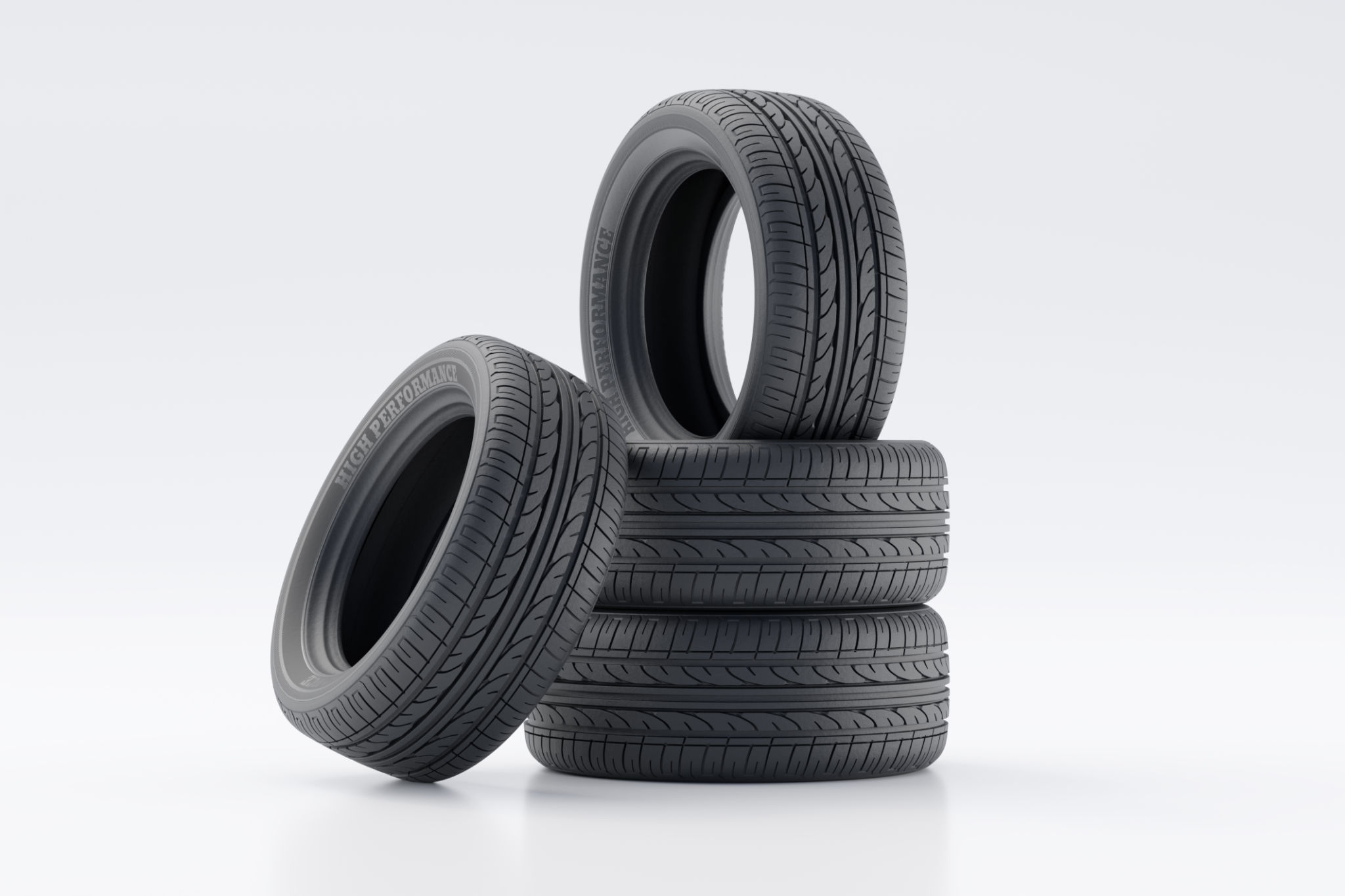How to Tell When It's Time to Replace Your Tires: Expert Advice
Recognizing the Signs of Tire Wear
Your vehicle's tires are critical for safety and performance. However, knowing when to replace them can be challenging. To ensure your safety and maintain optimal performance, it's important to recognize the signs of tire wear and understand when it's time for a replacement.

One of the most obvious indicators of tire wear is tread depth. The tread is what gives your tire grip on the road. As it wears down, your vehicle loses traction, especially in wet conditions. A simple way to check tread depth is the penny test. Insert a penny into the tire's tread groove with Lincoln's head upside down. If you can see all of Lincoln's head, it's time to replace your tires.
Inspecting for Physical Damage
Apart from tread wear, physical damage on your tires can also indicate the need for replacement. Look for cuts, cracks, and bulges, as these can compromise the tire's structural integrity. If you spot any of these issues, it's crucial to have your tires inspected by a professional immediately.
Bulges or blisters on the tire's sidewall are particularly concerning. They can lead to sudden blowouts, posing a significant safety risk. Regular visual inspections can help you identify these early signs of damage.

Understanding Age and Mileage Factors
Even if your tires appear to be in good condition, age can still be a factor in determining when to replace them. Most manufacturers recommend replacing tires every six to ten years, regardless of mileage, due to the natural degradation of rubber over time.
Mileage is another critical factor. Tires typically last between 25,000 to 50,000 miles, depending on the type and brand. Regular maintenance, such as rotations and alignments, can help extend the life of your tires.

Monitoring Performance and Handling
If you notice any changes in your vehicle's handling, such as pulling to one side or increased vibration, it could be a sign that your tires need replacing. These symptoms can indicate uneven wear or alignment issues, both of which can compromise your vehicle's performance and safety.
Unusual noises, such as thumping or squealing, may also suggest tire problems. These sounds often result from issues like cupping or uneven tread wear.
Consulting a Tire Specialist
If you're uncertain about your tire's condition, consulting a tire specialist can provide clarity. They can offer professional advice and perform a thorough inspection to determine if a replacement is necessary. Regular check-ups with a specialist can prevent potential problems before they become serious issues.
Remember, investing in new tires is an investment in your safety. Regularly monitoring your tires and knowing when to replace them ensures a safer, smoother driving experience.